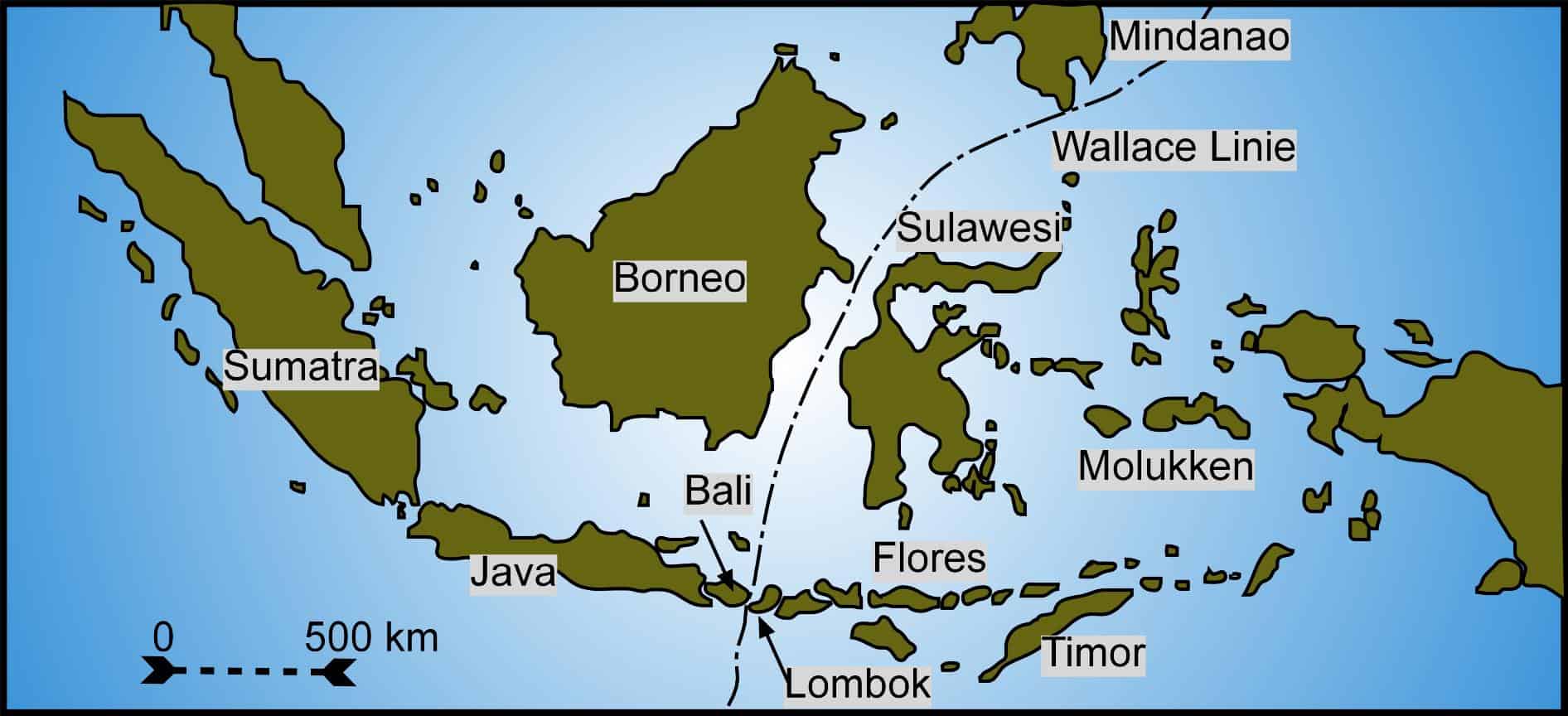
A new free eBook developed by researchers at James Cook University (JCU) aims to provide sustainable solutions to health service challenges in rural, regional, and remote areas of North Queensland. This innovative resource, available through the JCU Library’s open eBook catalogue, offers practical guidance on participatory place-based health service planning, a crucial tool for addressing the unique health needs of these communities.
The eBook is a key output of the “Integrating Health Care Planning for Health and Prosperity in North Queensland” project, which fostered partnerships with local communities and regional stakeholders to prioritize health needs specific to the area. By offering evidence-based guidelines and real-world illustrations, the eBook serves as a comprehensive guide for health service planning not only in Australia but also globally.
Empowering Local Communities Through Evidence-Based Guidelines
According to Professor Sarah Larkins, principal investigator and JCU Dean of the College of Medicine and Dentistry, the guidelines are designed to be practical and easily understandable. “These guidelines will be useful for community members and advocates, health services, and providers who are contemplating or planning local health service change, innovation, or redesign,” she noted.
The development of these guidelines has been informed by real-life knowledge and experiences gathered throughout the project, emphasizing a co-design approach. This method incorporates key learnings from the project and other tested approaches in rural and remote areas, ensuring that the guidelines are both relevant and effective.
The Role of Local Participation
Dr. Deb Smith, co-author and JCU Senior Project Manager and Researcher, highlighted the importance of local involvement. “The active participation of local people to advise, facilitate, implement, and evaluate the work offers two-way learning,” she said. “Members of local communities are best placed to understand the needs and practicalities of what will work in their context.”
The project has not only enhanced participants’ knowledge of their communities but also fostered new and renewed relationships at local and regional levels. This collaborative approach ensures that health service planning is deeply rooted in the specific needs and characteristics of the community.
Broader Implications and Future Directions
The eBook underscores the necessity of having a ‘Local Connector’ to guide planning efforts, ensuring that community insights are integrated into health service strategies. This model of participatory planning could serve as a blueprint for other regions facing similar challenges.
The initiative will be showcased at the National Rural Health Alliance’s 10th Rural and Remote Health Scientific Symposium in Alice Springs on October 8-9, where further insights and outcomes from the project will be shared with a broader audience.
Funding and Support
This project received funding from the Cooperative Research Centre for Developing Northern Australia (CRCNA), part of the Australian Government’s Cooperative Research Centre Program. Additional financial support was provided by the Tropical Australian Academic Health Centre (TAAHC), along with in-kind contributions from project partners.
The release of this eBook represents a significant step forward in addressing rural health challenges, offering a model of community-driven health service planning that could inspire similar initiatives worldwide. As these guidelines are implemented, they promise to empower communities and improve health outcomes across North Queensland and beyond.





